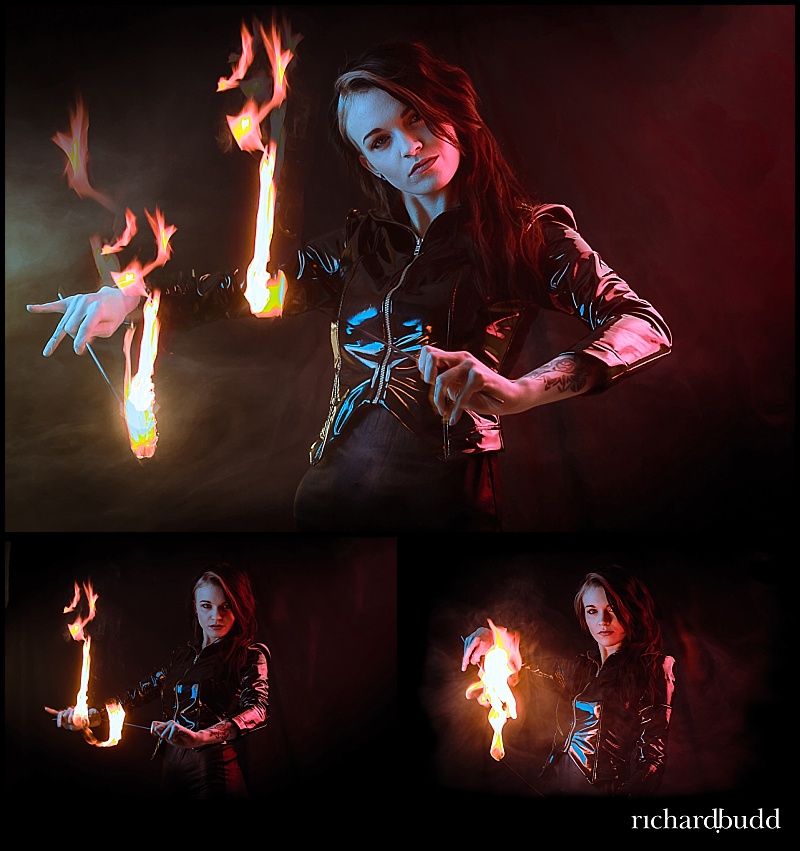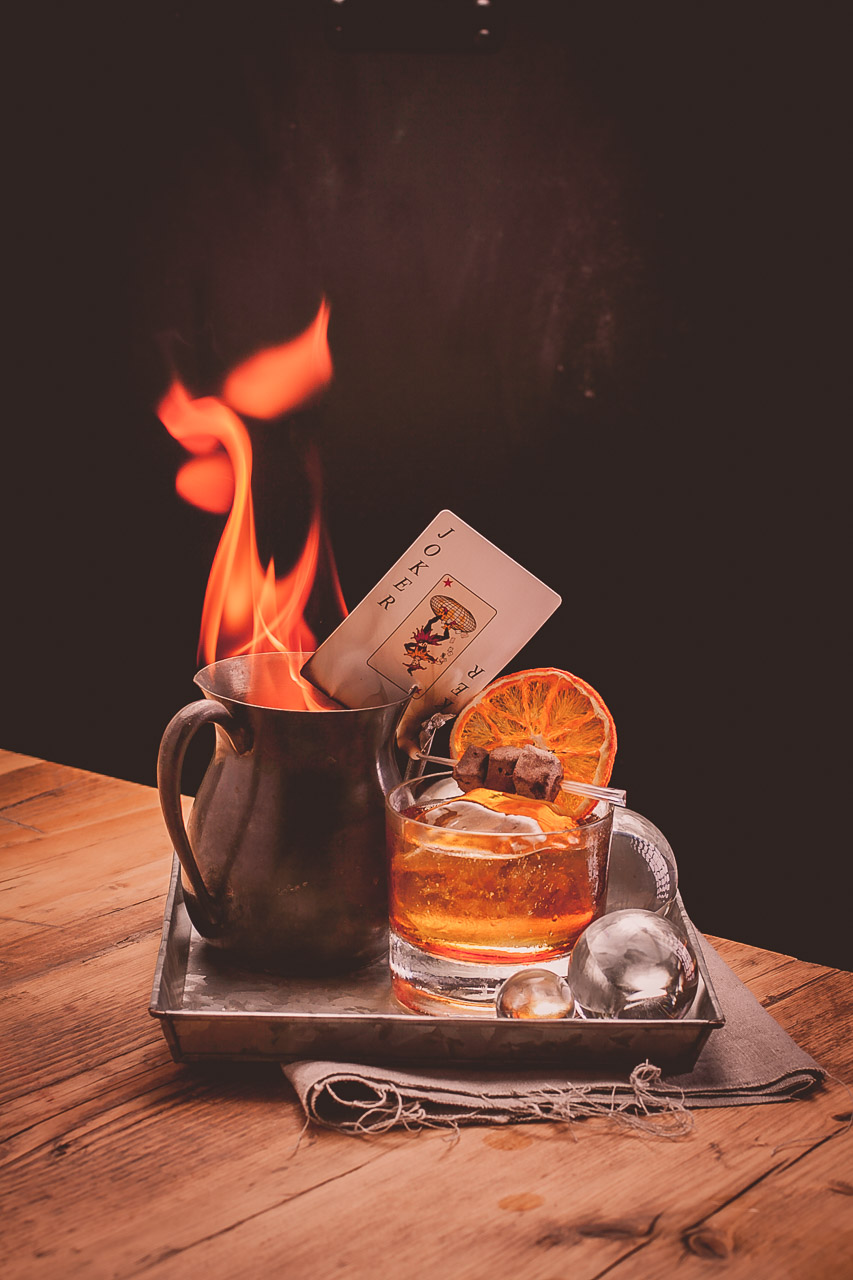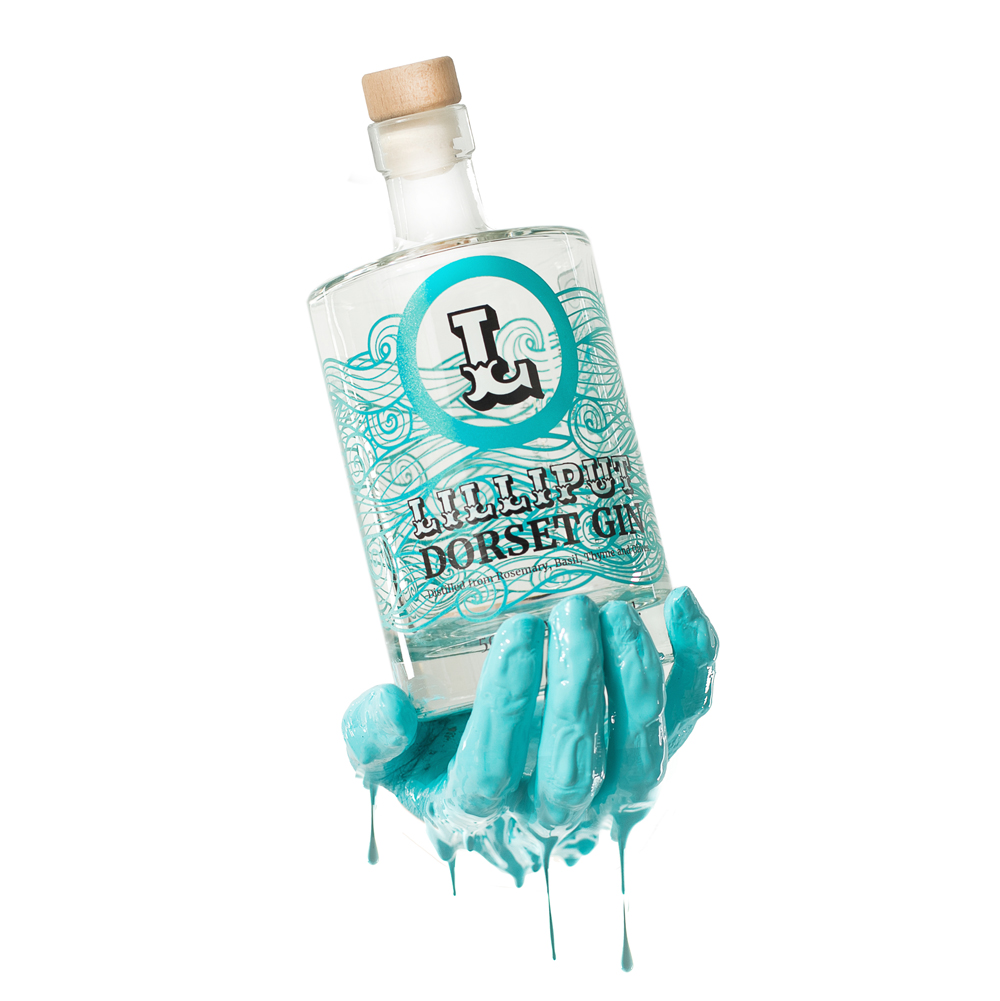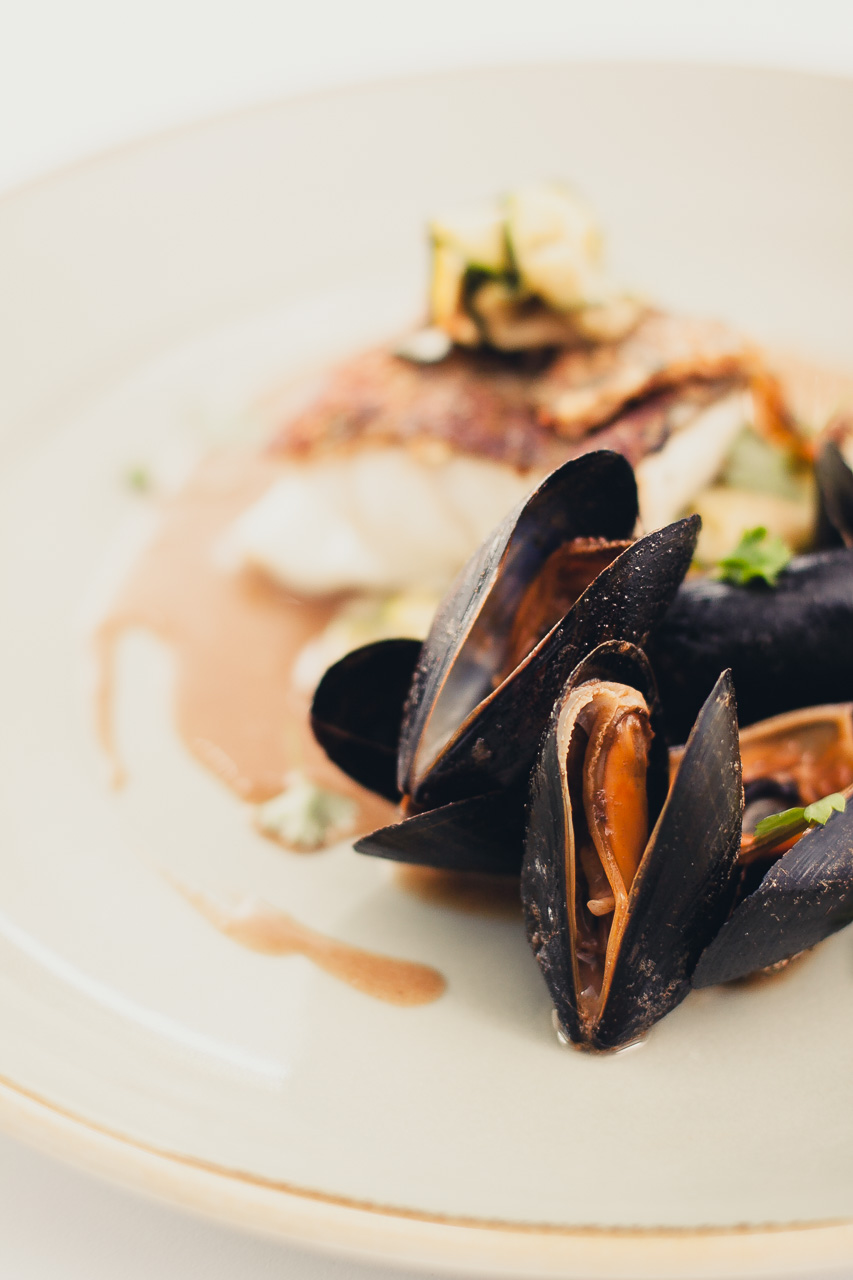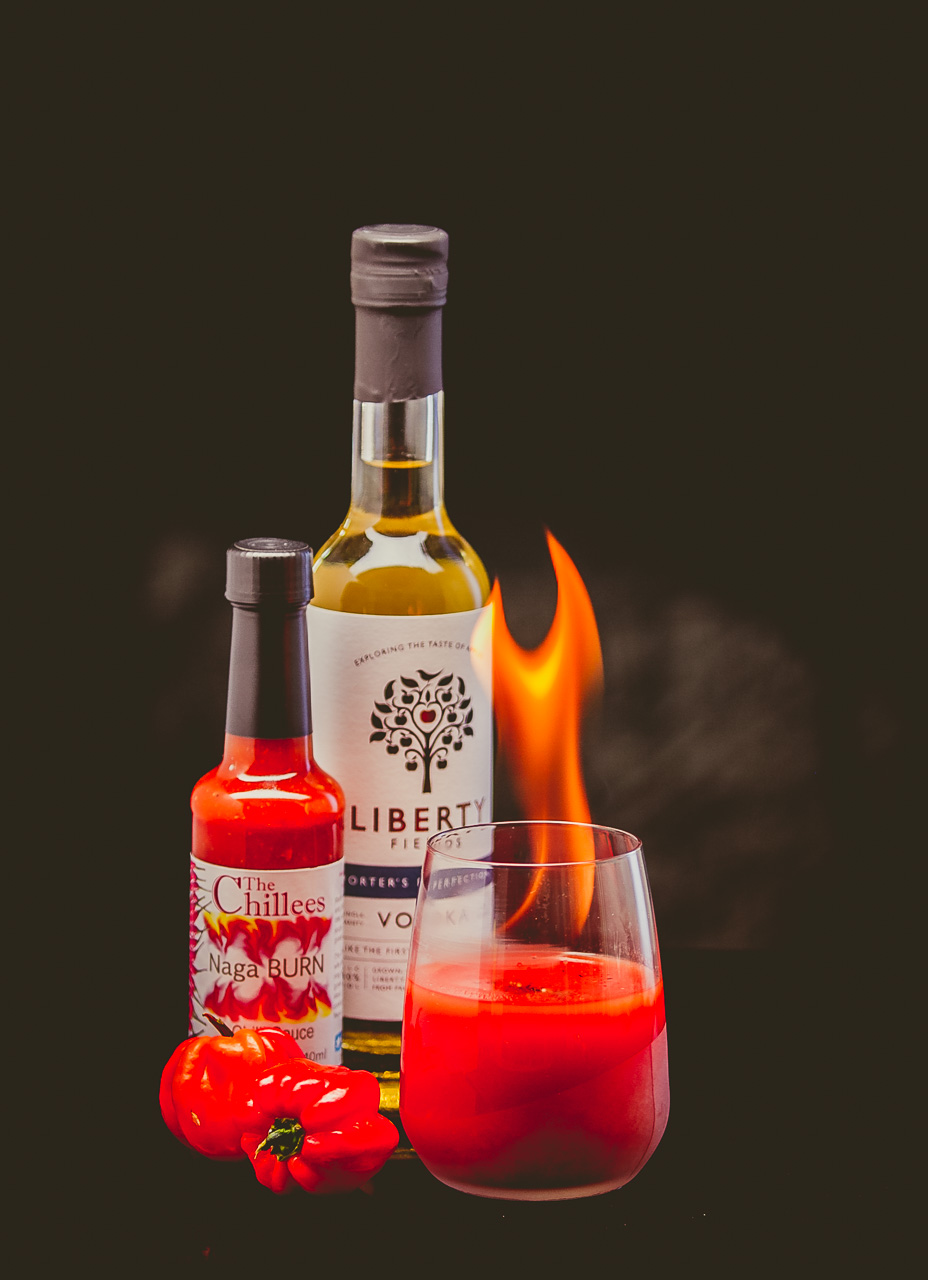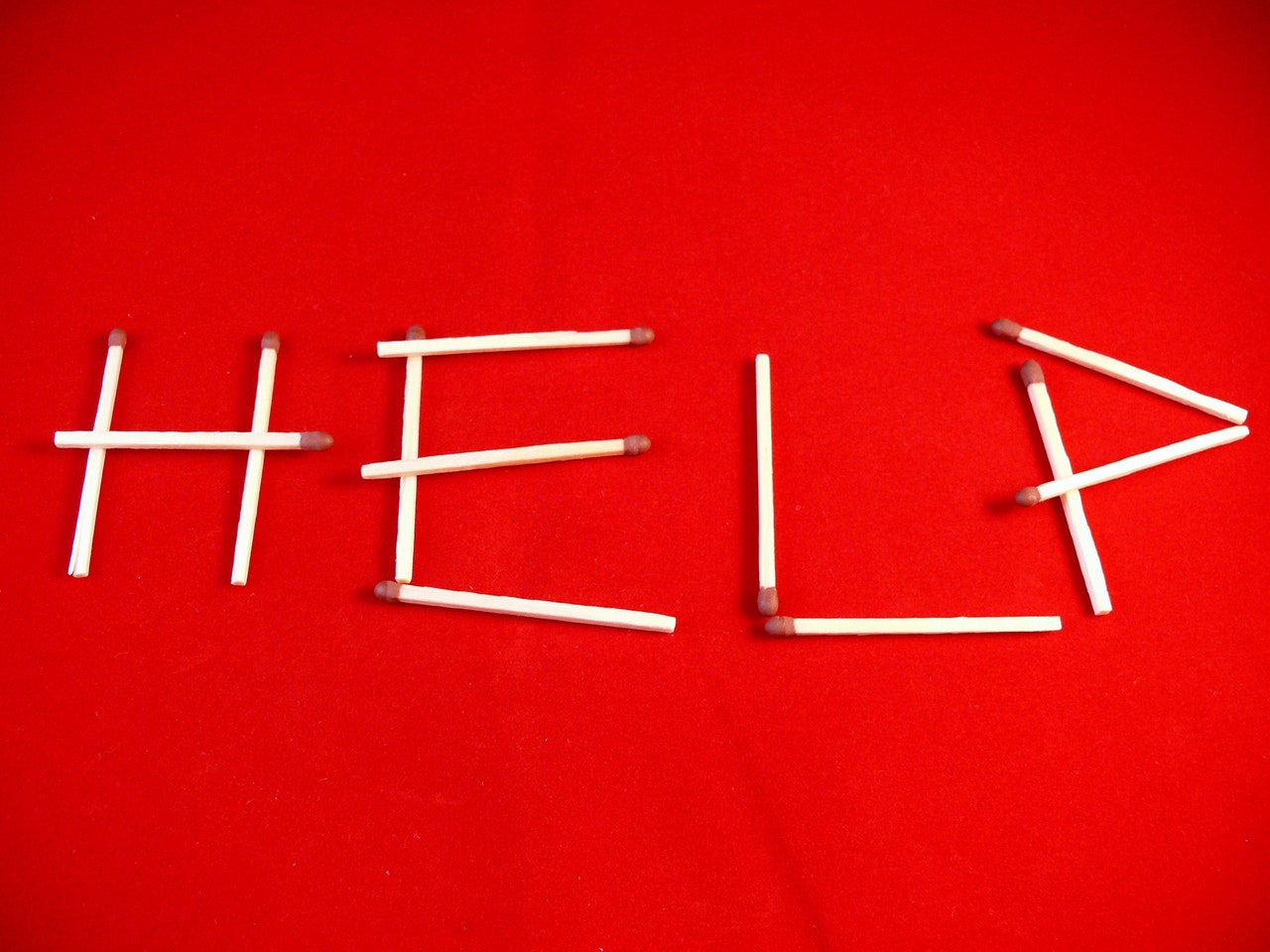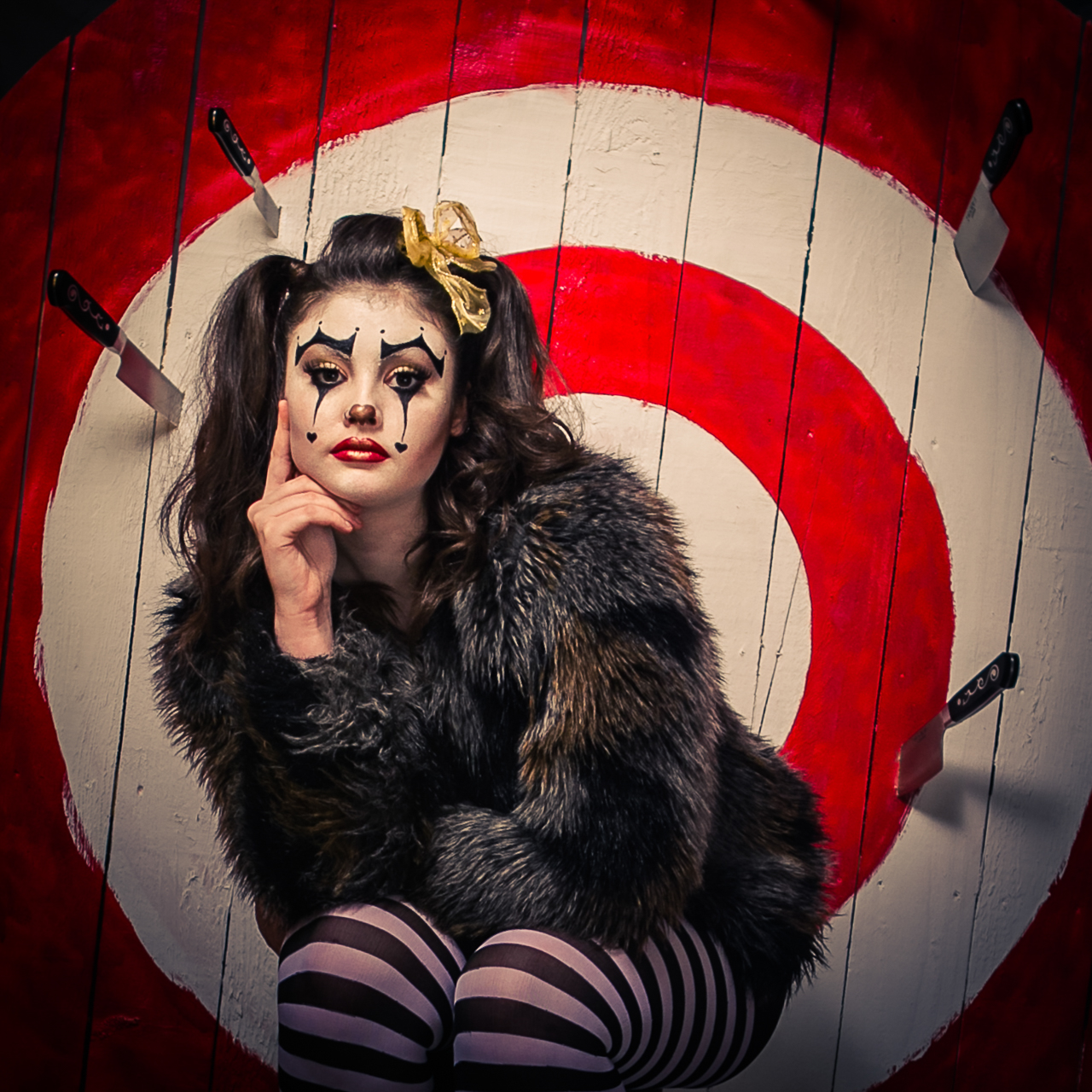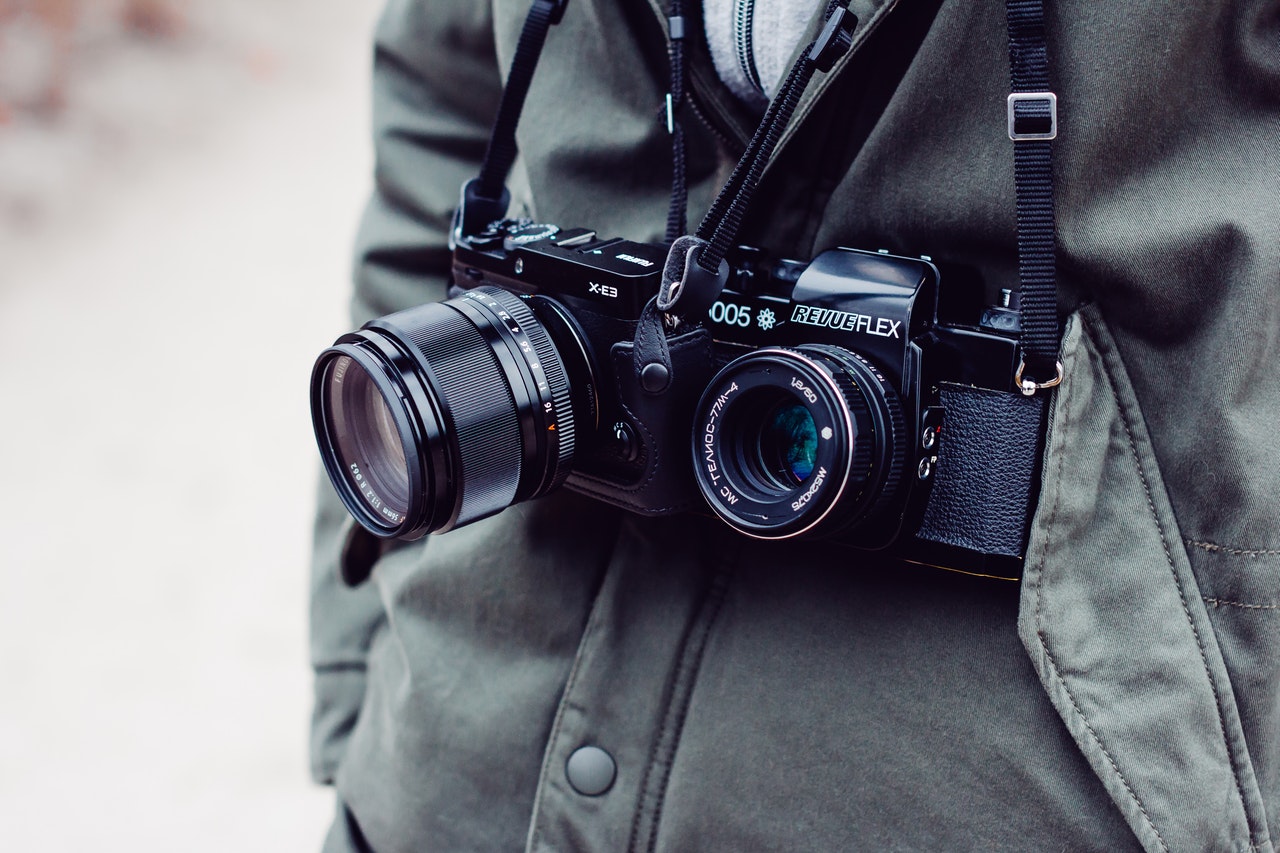Why you should hire a photographer who plays with fire…
They say a picture counts for a thousand words. So, if you’re going to use photos, then best make them good ones. In fact bad photos will really not cut it anymore. Everyone is used to a much more sophisticated level of visuals, so you’ve got to really think about the quality of what you use.
If you read my earlier post about why hire a professional writer, then you’ll know thatRichard Budd had already shared some great views on the benefits of working with professionals. I think his insights on what makes working with a photographer worth every penny are definitely worth thinking about for any small business.
As he says, it’s not about mega budgets, but is definitely about value for money. It’s interesting to see where that value really lies. Here’s some insights from our chat.
From graphics to photography: how did you get started?
I studied Graphics under Diane Edwards at Bournemouth. She’d come from Pentagram, so really enthusiastic, really professional, loads of contacts from her agency background. It meant we got to work on really quite high profile projects, such as for Beaulieu Motor Museum and the Museum of the Moving Image. Not bad for a back street OND Graphics course!
She pushed me to push myself, and I ended up going to Coventry to study typography. After graduating I got a job producing health promotion videos, so screen design but with added skills. When the hospital decided to get involved in the internet then I started designing websites. But we’re talking at that age of the internet single pages with a logo and maybe a photograph. Fast forward through things like Flash, and they were all skills I could adapt from my graphics background.
All the way through I’d been taking photographs. I’d take my own photographs for all my course work; photography was really bolted onto everything. With a design and marketing background then it’s tended to be more commercial photography, photos that sell products, rather than a Dorset landscape with a sunset and things.
When did you get serious about the photography side of things?

The turning point was probably 5 years ago when I did some overseas work in Sudan. There was a lot of press around that and I read “International Photographer, Richard Budd”. When I read that I thought “what’s going on, I colour in for a living”. I guess it’s a bit like believing in your own press in a way, I started taking the photography more seriously.
What makes a great commercial photographer stand apart from the rest?
The tricky part is usability. A lot of photographers just shoot it the way they want to shoot it and crop the way they want to crop it and then they’ve got no idea about commercial usage.
For example for Instagram you need a square, for Facebook you want a panoramic landscape, for a blog you might need a letterbox with an L shape wrap around for the header. In my head I can visualise that in the camera as I’m shooting with the end in mind. People are often pleasantly surprised when they find they can do whatever they need to with my images, from print to different online versions.
When I’m shooting an object, for example, I’ll shoot portrait, landscape, some tight crops, wider shots, white space…everything that you’re likely to need. It helps businesses, even if you don’t know when you’re starting out that you might need that for your business. I guess that’s part of what you’re paying for with a professional photographer.
You know, someone might get lucky and take a really nice shot with their phone. But when you start saying you want it to run on a tablet or on your blog or your social media, then you can run into the difficulties. It’s just a question of experience, knowing those pitfalls.
You have real expertise in shooting food and drink, how did that come about?
People sort of want you to specialise, want to know if you shoot portraiture, or live events, or commercial. The truth is I live in Dorset; there’s not enough of any one thing to make a living. Not being big headed, but I studied really hard, continue to study, on every aspect of photography. So, for example, I studied all the best portraiture photographers in the world, looking at lighting, composition, the style. In my view my portraits would stack up against anyones.
I did the same when I started shooting theatre work, and then some food commissions came in. I started to look at how you shoot food. Also, I went to conferences, network events, looking at great photographs, taking apart what makes them amazing shots.
The critical moment I guess was a really good friend of mine, who’s a business consultant, saw some of my food photography, and said you should be a food and drink photographer, specialise. But he said it would take too long to get set up; maybe I should stick to what I was good at. I said that I’d have a site up by the morning.
I put myself on the spot I guess. But the next morning at 9am I dropped him the weblink with the gallery all set up. (Check out the latest version of that site here). It’s really gone through the roof, and it’s a lovely site to update constantly.
What would you say makes your images stand out?
Composition, lighting, creativity, usability. The fun stuff is the smoke and mirrors, literally: smoke, setting fire to things, sparklers, paraffin…you name it, I’ve probably thrown it at a shoot. It’s great fun, and I love working with clients and seeing the expression on their face when we do this stuff. When the images come out, then there’s that real wow factor.
We shot a series of cocktails a couple of weeks ago, and there were some hot chillies as part of it. We shot flames through them, and no one believes me that that is all in the camera. It’s not trickery; it’s part of my experience and skills.
So I guess that also throws mood, lighting, creativity into the mix too.
What stage do businesses tend to be at when they approach you to shoot their products?
I love working with startups, helping them to define their house style. Working with me saves them time and hassle, so when that’s key to them, when they realise they need to do the things they are good at, that’s the point. If you set up a bed and breakfast, it’s not because you’re necessarily good at taking photos.
I also give them more commercial images. I think it’s fine that they might have two approaches. For a restaurant, for example, they might get someone like me to shoot everything for their website or advertising. Those might all be full colour. But they might also do black and white, behind the scenes stuff themselves.
And there’s times when that is absolutely right. I mean, if Madonna turns up at your restaurant for dinner, you’re not going to wait for me to turn up with all the kit. I also might get nowhere near her for a shot, but the front of house manager might persuade her for a quick shot for Twitter. Horses for courses I guess.
Lots of people think they can take a photo, so can find it hard to understand the cost of a professional. What’s your experience of that?
A lot of people get scared thinking working with a photographer is going to cost a fortune. I charge what I think is a reasonable fee. You put the same amount of professionalism into a 2-minute job as you do a 10-month job.
It frustrates me with restaurants or bistros for example, where I might go in and do an hours shoot to bring the menus up to date. The cost for that is about the same as two covers to them. And yet they’re still tempted to do go inhouse, which seems completely bonkers to me. Just because they’ve been stung in the past or they’ve not done it for so long they think the pricing is bonkers.
But I’ll come in for a morning, shoot for an hour and they’ve got photos for the next three or four weeks or until they next change the menu. It’s not megabucks; it’s not megamoney.
I also think sometimes it’s that people don’t enjoy what they do as much as I enjoy what I do. You might get a manager or front of house that are bored with what they’re doing, and want to do something different, not that they’re good at photography.
What about if they invest in really good kit?
The photography industry has changed. So many events I go to and get asked what I’m shooting on. But it’s not like I ever ask the chef what oven he’s using.
The camera industry is set up to tell you that you need the latest and best, and that makes you a better photographer. Quite often guests at weddings will ask me what I’m using, then show me what they’ve got, which is probably better and more up to date.
Except their photos are still rubbish.
The kit doesn’t make you a photographer. I mean, I’ve got a £3,500 barbecue, but I still burn the sausages every weekend.
Hiring a professional, of course, costs hard cash. Richard and I did debate whether the building societies would now take bartered goods, but until that day, we all need cash for work. I think what talking to Richard really emphasised again is that difference between cost and value that we all need to remember for any kind of product or service.
What’s your perspective? What services have you found it really worth investing in and what are you still to be convinced over? What would that take?
Thank you to Richard for all the images, bar two, to go with this post. We had a bit of a joke about using a stock photo of a photographer; sadly the search of stock libraries didn’t quite hit the mark. Find Richard via his website, or on Instagram. Just look for the flames.
More from Helen – https://helentarver.co.uk
